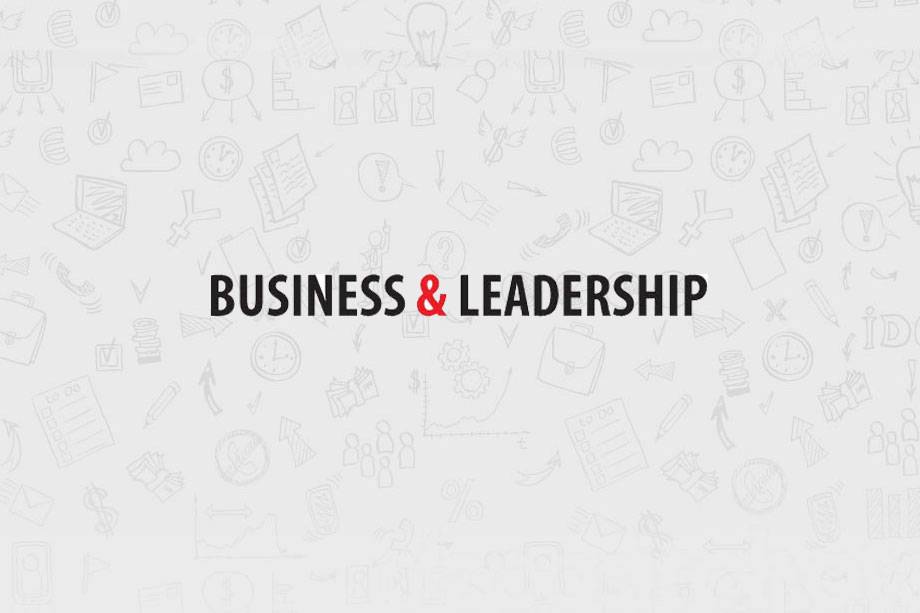
Exclusive: the new era for visas in Ireland
Chief executive of the Irish Exporters Association (IEA) John Whelan has welcomed the vision for a new era for visa systems for Ireland, which was outlined at the second meeting of the Export Trade Council held last week.
The main elements of this new era are:
Visa waiver programme
The Irish short-stay visa waiver programme started last July was scheduled to run until the end of October 2012, taking into account the period of the London Olympics.
Due to the positive impact of this programme a proposal to extend it indefinitely will be submitted to Government by the end of February and is expected to be approved, according to Whelan.
“This will significantly improve export trading conditions for Irish businesses, as well as open up our tourism industry to Asian and middle east countries,” he said
Biometric visas (e-Visa project)
The basis of the long-term waiver is likely to be based on sharing biometric checks through fingerprint recognition technology with the UK authorities.
Biometrics are increasingly being used as a feature of visa application and border checking by many advanced economies.
However, the Dept of Justice and Equality advised the Export Trade Council that the cost of putting the biometric technology in the worldwide network of Irish embassies would cost in the order of €6.5m.
In addition, the IT infrastructure costs in Ireland to handle the increased level of business was estimated at €500,000.
“Discussions have taken place to enter into an agency agreement with the UK authorities to capture biometric data for Irish visa applications,” said Whelan.
“This we were advised is a much lower cost option for the Irish Government at this stage, and is likely to be the basis of its decision at the end of February.”
While welcoming the move to biometrics, Whelan was critical of the lack of full adoption of the Smart Economy approach to visa processing.
“We are home to some the most advanced biometric companies in the world, which export their technology internationally,” he said.
“It therefore seems somewhat at variance with Ireland’s advanced economy status that we will not be investing in the biometrics technology ourselves for the Irish embassies.’’
Multi-entry visas
All applicants for an Irish visa may opt for a multi-entry visa, rather than a single-entry visa. The multi-entry visa is issued based on the need/justification offered by the applicant.
A system of greater use of multi-entry visas was first introduced in July 2011 in the context of the new direct flights from the United Arab Emirates (UAE) and the inclusion of the UAE in the visa waiver programme.
These arrangements allow for a graded system of multi-entry visas based on an applicant’s Irish, UK and Schengen visa history. It is envisaged that over a short period of time, the vast majority of regular visitors to Ireland would qualify for three-year, multi-entry visas.
A system such as that in place for the UAE is also being considered for other countries which have a growth potential for business visitors.
Whelan recommended that for certain priority countries we should eliminate the need for a visa completely, in the interest of rapidly expanding business.
Investor and entrepreneur visa programmes
Minister for Justice, Equality and Defence Alan Shatter TD outlined his two new visa initiatives at the Export Trade Council meeting — the Immigrant Investor Programme and the Start-up Entrepreneur Programme.
The Immigrant Investor programme offers a five-year visa for the applicant and their family who are prepared to invest €400,000 to €2m in a low-interest bearing Government bond.
The Start–up Entrepreneur programme provides migrants with a good business idea in an innovative technology area, and with funding of €75,000, residency in Ireland for the purposes of developing their business.
“’These types of schemes have been used to good effect by other developed countries,” said Whelan.
“Certainly the Start–up Entrepreneur Programme is one the IEA has recommended to Government for the past three years as a measure to attract back some Irish Diaspora early-stage entrepreneurs to Ireland to expand their start-up business.’’